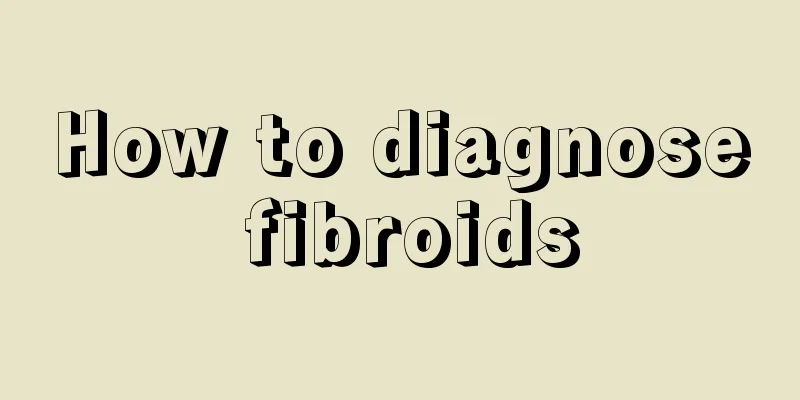How is venipuncture performed?

|
The rapid development of modern medical technology has led to the emergence of a large number of medical technologies that were previously out of reach, solving countless people's difficult and complicated problems and bringing greater medical and health protection to the entire society. For example, surgery is an important method for completely curing a disease, while infusion is a drug-based treatment method. The infusion method mainly injects drugs into the veins, and delivers the drugs to the whole body through the blood to achieve the effect of curing the disease. If there is a problem with the vein, venipuncture can be used to treat it. Let’s take a look at how venipuncture is performed. Venipuncture is a medical term that applies to patients who need long-term infusion but whose peripheral veins are difficult to puncture due to hardening or collapse; patients who need total parenteral nutrition; emergency treatment of critically ill patients and patients with difficulty in blood drawing; and central venous pressure measurement. Femoral vein puncture as an example 1. The patient lies supine with the puncture lower limb slightly abducted and externally rotated. The puncture point is 1.5 to 3.0 cm below and inside the center of the inguinal ligament and on the inner side of the femoral artery pulsation. 2. The operator wears a hat and mask and stands at the side of the patient, disinfects the local skin, wears sterile gloves, and lays a sterile drape. Gently compress the skin and femoral vein at the puncture point and slightly secure them. 3. Hold the syringe in your right hand and insert the needle into the fixed puncture point on the index and middle fingers of your left hand. The direction of the needle should be at an angle of 30 to 45 degrees to the skin at the puncture site, in line with the direction of blood flow or in a perpendicular direction. Insert the needle slowly while aspirating. 4. When the puncture needle enters the femoral vein, venous blood will flow back into the injection needle tube. After the needle is inserted for another 2 to 4 nHn, blood can be drawn or drugs can be injected. 5. If blood cannot be drawn out, puncture deeper first, and aspirate while withdrawing the needle until blood is drawn out; or adjust the puncture direction, depth or puncture again. 6. After the puncture is completed, pull out the needle and disinfect the skin, cover it with a small sterile gauze, apply local pressure for 3 to 5 minutes to prevent bleeding, and then fix it with tape. Note: 1. Strict aseptic operation must be followed to prevent infection. 2. If bright red blood is drawn out, it means that the needle has entered an artery by mistake. The needle should be removed immediately and the puncture point should be compressed for 5 minutes. 3. Try to avoid repeated punctures. Generally, punctures should be stopped if they are unsuccessful three times. 4. After puncture, proper compression should be applied to stop bleeding and prevent local thrombosis. |
<<: What is the purpose of intravenous infusion
>>: What are the effects of taking nitric oxide capsules?
Recommend
What is the correct way to remove freckles?
Spots on the face can make people feel bad, affec...
What is the method of nourishing the kidney at Wailaogong?
Nowadays, kidney deficiency is very common, espec...
How to differentiate nasopharyngeal carcinoma from nosebleed and how to provide care
Symptoms of nasopharyngeal cancer sometimes manif...
What are the drugs that lower transaminase
The liver is an important organ in our body. Many...
Diet therapy for bronchial asthma
Long-term existence of bronchial asthma will make...
How to reduce visceral fat, 2 tips to teach you how to easily reduce visceral fat
If too much fat is stored in our internal organs,...
Can I eat more melon seeds?
There are many delicious and nutritious foods in ...
Talk about the manifestations of fibroids
In daily life, fibroids are very common. When thi...
Is gastric ulcer serious?
The human stomach is actually also distributed wi...
What screen is good for the eyes_What monitor is good for the eyes
Nowadays, we use computers and mobile phones ever...
Who are the suitable people for American ginseng
American ginseng is a traditional Chinese medicin...
What are the advantages of biological therapy for nasopharyngeal carcinoma?
What are the advantages of biological therapy for...
How big is the difference between threatened miscarriage and menstruation?
Threatened abortion will cause vaginal bleeding, ...
What are the hazards of melanoma
Melanoma is a very common malignant tumor. The oc...
What to do if you have heartburn after eating pumpkin
Eating pumpkin is less irritating to the stomach....









